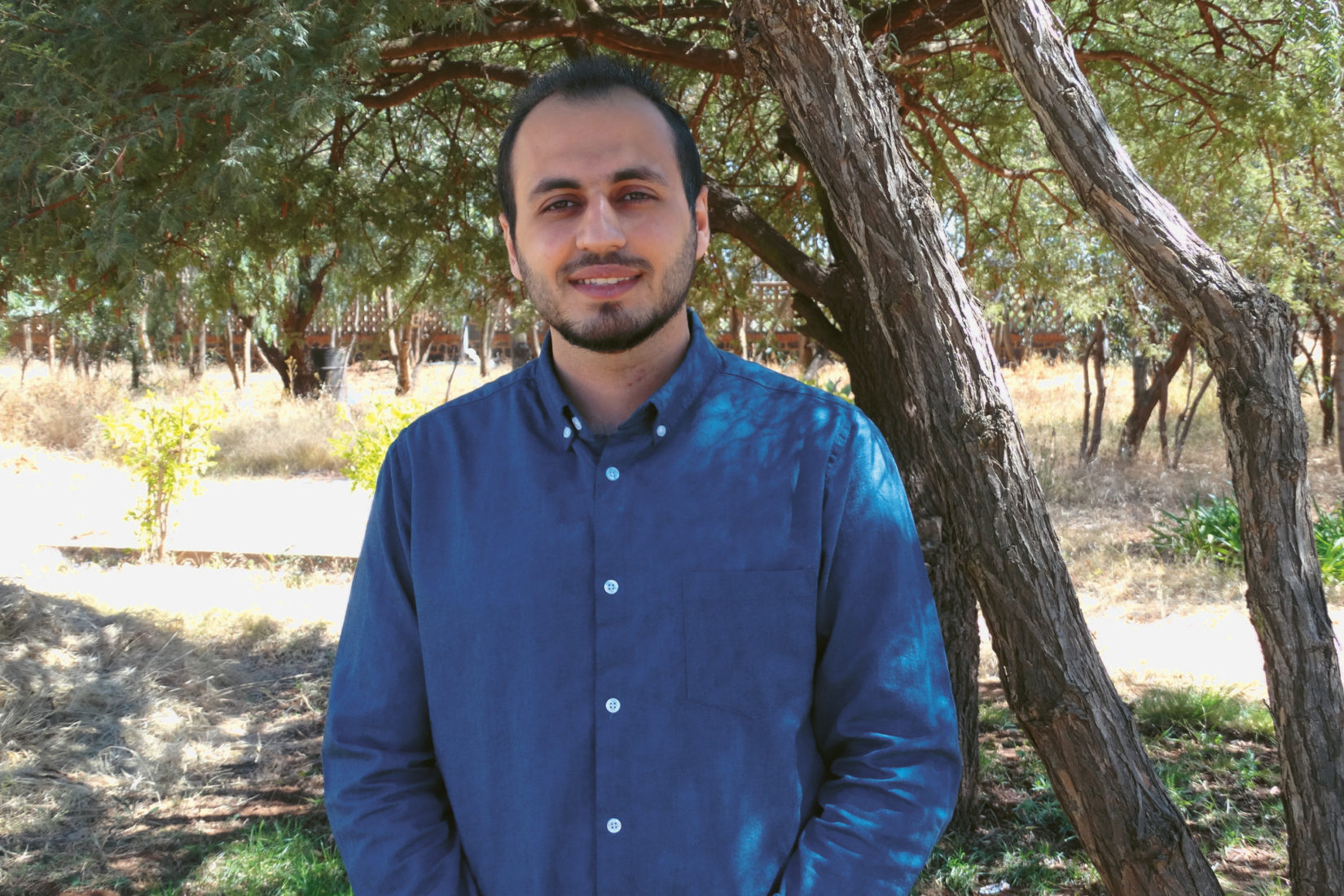When Yousuf arrived in Sweden for the Young Leaders Visitors Programme (YLVP) in 2018, he had a few experiences from other personal development programmes. What stood out in Sweden was the diversity. The lessons from working with people from different backgrounds has been a continual help in his work.
-The YLVP programme captures a whole range of diverse groups. I was engaging with and talking to people from all over who worked in different fields, from engineering to art. It was an opportunity to interact and see different leadership styles, and the effects of group dynamics.
One particular work session in group has stayed in Yousuf’s mind. He benefits from it even more now that he has moved from a smaller organisation to a job with the United Nations Population Fund in Eritrea.
-We had people specialising in public health, law, art, engineering and so on, all from different countries. We struggled for more than a day to find a topic that would capture all our experiences. Once settled, things worked more smoothly. Afterwards I could see how we were at first outside our comfort zones, but in a safe environment. The experience has definitely helped me, especially now that I work for a large organisation where there are many different types of projects and where I work with people from all kinds of fields.’
Yousuf believes that his recent career changes are the result of a combination of his previous work as a medical doctor, his participation in the YLVP, and his university master’s degree in public health planning and policy. YLVP provided him with what he calls soft and hard skills. Soft skills such as communication, teamwork, and presentations, and hard skills such as bringing design thinking and human rights into his everyday work.
– Our sessions on design thinking made me realise I should start picturing the target audience when we design a health intervention. That was an eye-opener that I found useful. I learned to put myself in the shoes of someone receiving health services. After the programme, I also started to embody the concept of human rights in my work.’
The programme also motivated Yousuf to advocate more passionately about topics in his field, such as sexual and reproductive health and rights (SRHR).
-I got to know the gender problems in Sweden compared to in the Middle East and North Africa. Sweden is well-known about its strengths in gender equality and SRHR. Being in Sweden and talking to Swedes during social events, I realised that everyday people in Sweden advocate for gender equality. While in our region, if someone advocates for gender equality, it is likely their job. I really liked seeing that contrast, how feminism and gender equality can become the norm in a society.
Find out more what SI alumni are doing worldwide and get in touch with a local network.
For more information about SI leadership programmes.
Note: Young Leaders Visitors Programme (YLVP) was a leadership programme conducted by SI during 2008-2018 involving young leaders from the civil society working with human rights, democracy and sustainable development. 2019 SI Leader Lab was launched, a new leadership programme for young civil society leaders from South Asia, the Middle East and Northern Africa working for a gender equal world.
